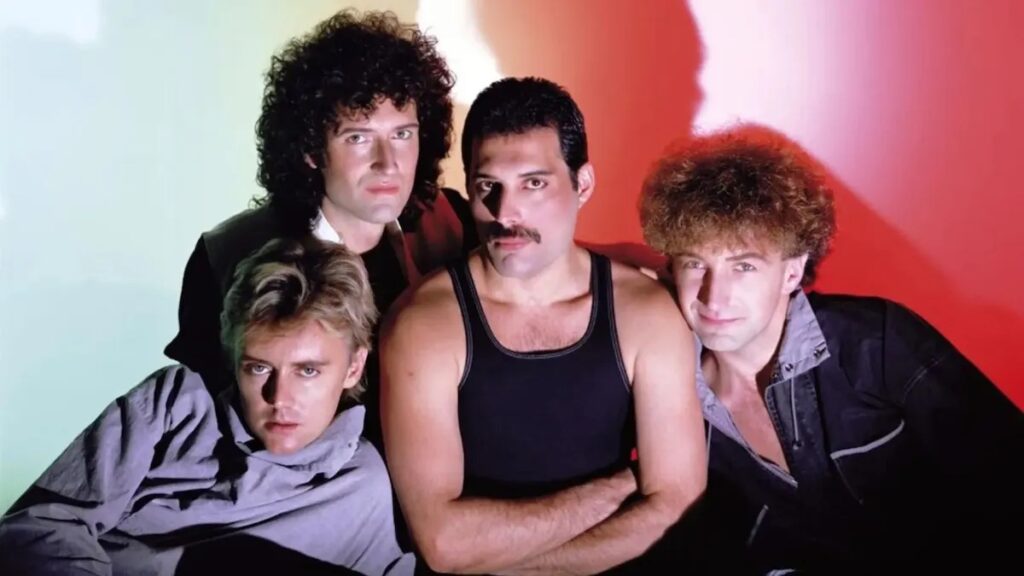Before “Bohemian Rhapsody,” “Somebody to Love,” “Don’t Stop Me Now,” or many of the other hits that define the legacy of Queen, there came a self-titled debut album that laid the groundwork. Remarkably, Queen was essentially self-promoted and self-funded — it was the product of a handful of great instrumentalists and songwriters, and a frontman like no other. In 1973, all at once, Queen had arrived.
But in 1970, the members of Queen — Freddie Mercury, Brian May, and Roger Taylor — had been playing small gigs and grinding on the college circuit. Their first demo tape was the result of a stroke of luck; a recently opened recording studio had needed a band to test out acoustics of the space, and these young men were ready and willing. (It was here that bassist John Deacon came into the picture.) The industry response to that initial demo was practically nonexistent.
Despite the lack of enthusiasm, the band stayed the course, using downtime and evenings at a popular London SoHo studio to crank out an album in 1972. After months of searching for a record company to release the album, the band chose to release it themselves, bolstered only by a licensing deal with EMI Records.
Despite the rocky start, Queen doesn’t sound like the product of humble origins. It’s as thrilling of a listen today, exactly 50 years after that July 1973 release day, as it must have been then; the heart-pounding introduction of “Keep Yourself Alive,” with Mercury wailing about feelings of futility, is rhythmic and gripping. There was no better choice for a lead single. The band then immediately spills into “Doing Alright” and “Great King Rat,” both of which feature the sort of surprising, sudden tempo changes that would come to define part of the band’s sound.
Over the course of the 10 tracks, the band explores fables and folklore through the chaotic lens of life in the 1970s (particularly in the realm of rock music). It was a time of extremes; music built for stadiums got louder and bigger, while folkier artists pulled back in favor of introspection and poetry. The mythical images conjured by many tracks on Queen — those of rats and fairies, hopes and dreams, death and newness — are a bit timeless, which perhaps contributes to the ageless sheen around the record.
The album’s second single, “Liar,” is the energetic, rageful saga that sits at the heart of Queen. Spanning nearly seven minutes, it’s a cathartic song, but one packed with anger that’s mostly directed inward. When released to radio as the album’s second single, it was trimmed to just over three minutes, cutting the unraveling that occurs in the middle of the track. Unsurprisingly, time has proven that the song is at its very best in full.

